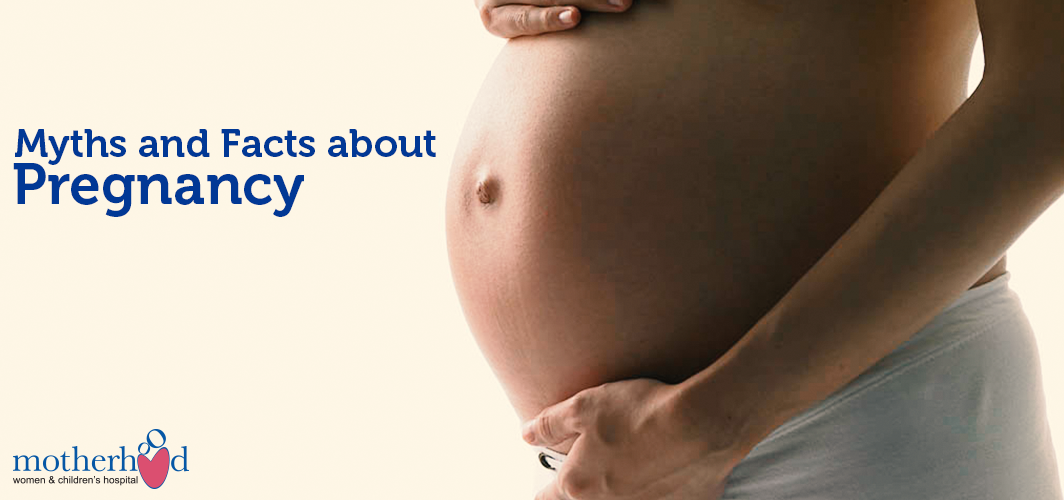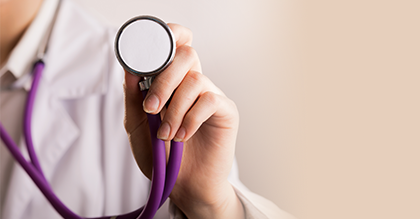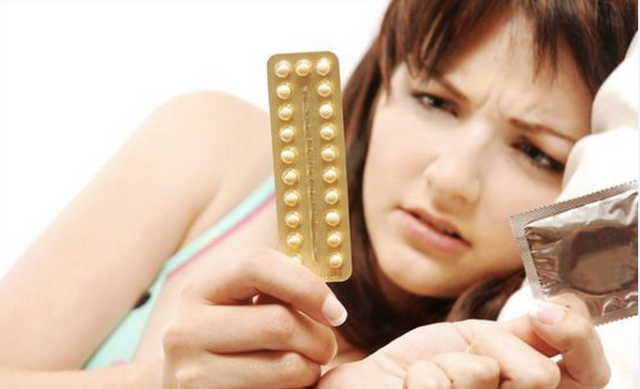Thyroid hormones regulate metabolism??the way the body uses energy??and affect nearly every organ in the body.Too little thyroid hormone is called hypothyroidism and can cause many of the body??s functions to slow down. Hypothyroidism affects between three and ten percent of adults, with incidence higher in women and the elderly.
Thyroid hormone plays a critical role during pregnancy both in the development of a healthy baby and in maintaining the health of the mother.
What is the thyroid?
The thyroid is a 2-inch-long, butterfly-shaped gland weighing 25-30 g in adults (it is slightly heavier in women). Located in the front of the neck below the larynx, or voice box, it has two lobes, one on either side of the windpipe. The thyroid gland produces, stores, and releases hormones into the bloodstream. The hormones then travel through the body and direct the activity of the body??s cells.
The thyroid gland makes two thyroid hormones, triiodothyronine (T3) and thyroxine (T4). T3 is the active hormone and is made from T4.Thyroid hormones affect metabolism, brain development, breathing, heart and nervous system functions, body temperature, muscle strength, skin dryness, menstrual cycles, weight, and cholesterol levels.
Thyroid hormone production is regulated by thyroid-stimulating hormone (TSH), which is made by the pituitary gland in the brain. When thyroid hormone levels in the blood are low, the pituitary releases more TSH. When thyroid hormone levels are high, the pituitary responds by decreasing TSH production.
Pregnancy
Thyroid hormone is critical to normal development of the baby??s brain and nervous system. During the first trimester, the fetus depends on the mother??s supply of thyroid hormone, which comes through the placenta. At around 12 weeks, the baby??s thyroid begins to function on its own.
The thyroid enlarges slightly in healthy women during pregnancy, but not enough to be detected by a physical exam. A noticeably enlarged thyroid can be a sign of thyroid disease and should be evaluated. Thyroid problems can be difficult to diagnose in pregnancy due to higher levels of thyroid hormone in the blood, increased thyroid size, fatigue, and other symptoms common to both pregnancy and thyroid disorders.
Two pregnancy-related hormones??human chorionic gonadotropin (hCG) and estrogen??cause increased thyroid hormone levels in the blood. Made by the placenta, hCG is similar to TSH and mildly stimulates the thyroid to produce more thyroid hormone. Increased estrogen produces higher levels of thyroid-binding globulin, also known as thyroxine-binding globulin, a protein that transports thyroid hormone in the blood. Overall, only 0.04% T4 and 0.5% T3 are free and functioning.
These normal hormonal changes can sometimes make thyroid function tests during pregnancy difficult to interpret.
What causes hypothyroidism in pregnancy?
Hypothyroidism in pregnancy is usually caused by Hashimoto??s disease and occurs in three to five out of every 1,000 pregnancies.2 Hashimoto??s disease is a form of chronic inflammation of the thyroid gland.
Hashimoto??s disease is an autoimmune disorder. In Hashimoto??s disease, the immune system attacks the thyroid, causing inflammation and interfering with its ability to produce thyroid hormones.
Hypothyroidism in pregnancy can also result from existing hypothyroidism that is inadequately treated or from prior destruction or removal of the thyroid as a treatment for hyperthyroidism.
How does hypothyroidism affect the mother and baby?
Uncontrolled hypothyroidism during pregnancy can lead to
- preeclampsia
- anemia??too few red blood cells in the body, which prevents the body from getting enough oxygen
- miscarriage
- low birth weight
- stillbirth
- congestive heart failure, rarely
Because thyroid hormones are crucial to fetal brain and nervous system development, uncontrolled hypothyroidism??especially during the first trimester??can affect the baby??s growth and brain development.
How is hypothyroidism in pregnancy diagnosed?
Hypothyroidism is diagnosed through a careful review of symptoms and measurement of TSH and T4 levels.
Symptoms of hypothyroidism in pregnancy include extreme fatigue, cold intolerance, muscle cramps, constipation, and problems with memory or concentration. High levels of TSH and low levels of free T4 generally indicate hypothyroidism. Because of normal pregnancy-related changes in thyroid function, test results must be interpreted with caution.
The TSH test can also identify subclinical hypothyroidism??a mild form of hypothyroidism that has no apparent symptoms. Subclinical hypothyroidism occurs in 2 to 3 percent of pregnancies.2 Test results will show high levels of TSH and normal free T4.
If subclinical hypothyroidism is discovered during pregnancy, treatment is recommended to help ensure a healthy pregnancy.
How is hypothyroidism treated during pregnancy?
Hypothyroidism is treated with synthetic thyroid hormone called thyroxine??a medication which is identical to the T4 made by the thyroid. Women with preexisting hypothyroidism will need to increase their pre-pregnancy dose of thyroxine to maintain normal thyroid function. Thyroid function should be checked every 6 to 8 weeks during pregnancy. Synthetic thyroxine is safe and necessary for the well-being of the fetus if the mother has hypothyroidism.
Dietary Supplements
Because the thyroid uses iodine to make thyroid hormone, iodine is an important mineral for a mother during pregnancy. During pregnancy, the baby gets iodine from the mother??s diet. Women need more iodine when they are pregnant??about 250mcg a day.
However, people with autoimmune thyroid disease may be sensitive to harmful side effects from iodine. Taking iodine drops or eating foods containing large amounts of iodine??such as seaweed, pulse, or kelp??may cause or worsen hyperthyroidism and hypothyroidism.To help ensure coordinated and safe care, people should discuss their use of dietary supplements with their health care provider.
To conclude, women with thyroid problems can have a healthy pregnancy and protect their fetuses?? health by learning about pregnancy??s effect on the thyroid, keeping current on their thyroid function testing, and taking the required medications.


 Toll Free Number
Toll Free Number








 This can be a result of:
This can be a result of:







